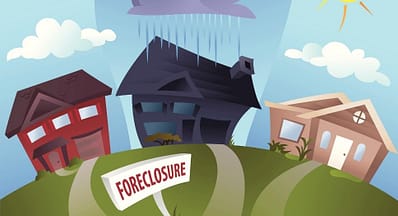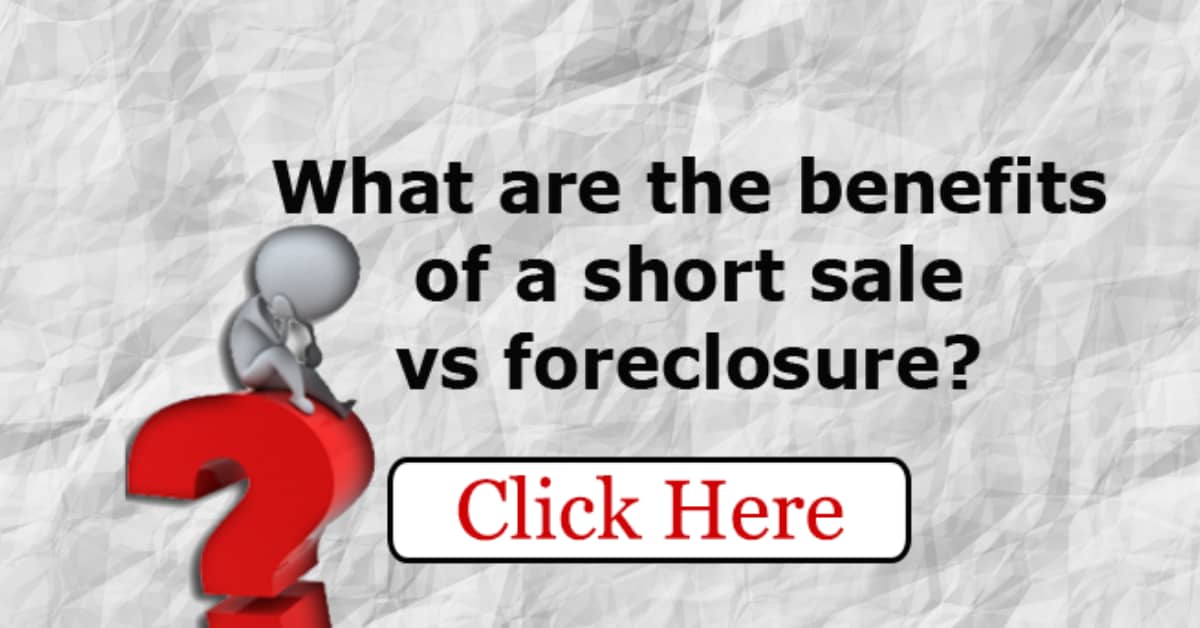Short Sales and Foreclosures are Very Different Situations
Most people who have never been through a short sale or a foreclosure, think it’s the same thing. Although short sales and foreclosures have a few things in common, they are both very different scenarios… especially when you’re the homeowner going through it. Doing a short sale will always be better than letting your house go to foreclosure just to avoid the damage to your credit among other benefits.
What’s a Short Sale?
A short sale occurs when a homeowner can no longer afford to make the mortgage payments to their Bank, and they have to sell the home for less than what’s owed. Many times, homeowners are already in active foreclosure when they decide to try and short sale the property. The homeowner must also prove to the lender they’re going through some kind of hardship affecting their ability to pay.
Even if the homeowner meets all the criteria of a typical short sale, it must still have the final approval of the lender. The majority of lenders will opt for a short sale instead of taking a homeowner through a costly foreclosure process.
Benefits of a Short Sale

Avoid Foreclosure- A foreclosure can damage your credit for up to 7 years whereas a short sale will have much less of an impact.
Eliminate your Debt- Eliminate your debt with the bank for good. Be sure that your short sale realtor tells the bank that you’re not able or willing to repay the entire amount of the deficiency.
Cash Back to Sellers Many banks offer cash-back programs so they have money to relocate to another home.
Why would my Bank agree to a Short Sale?
Banks don’t make their money by foreclosing on homes. They lose money… taking a mortgage holder through a foreclosure takes is expensive and can take a long time. Lenders also realize that if they do foreclose on the house, they’re just going to have to list it and end up taking a loss anyway.


